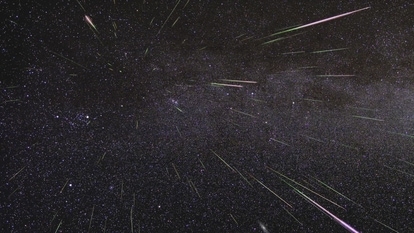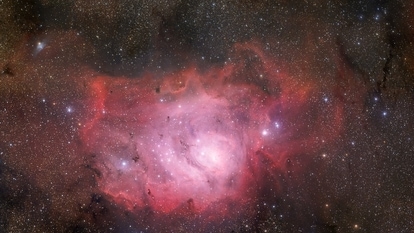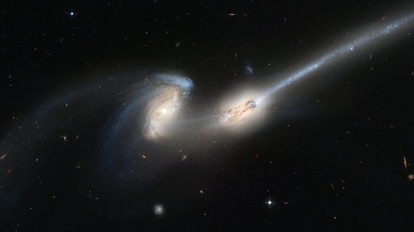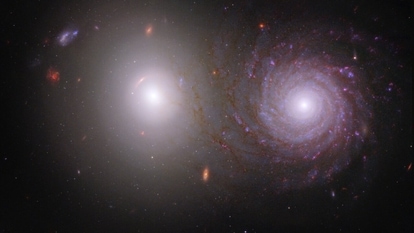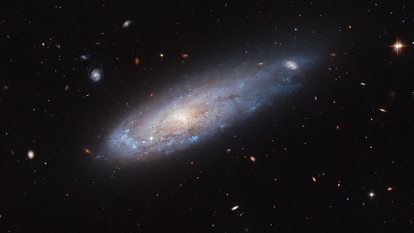Jupiter’s composition reveal shocking facts! Here’s what study says
A new study revealed some shocking facts about Jupiter's early age. This is what you should know.

Jupiter, which is said to be the oldest planet in our solar system, is composed almost entirely of hydrogen and helium gases. Well, it also contains several other heavier elements such as metals. Despite the fact that metal is a very small component of Jupiter, it plays a significant role in revealing a lot of details about Jupiter. Jupiter began its formation by accreting rocky material. After many millions of years, a period of rapid gas accretion from a solar nebula, Jupiter evolved into the giant it is today. However, there is a substantial uncertainty about the planet's early history. Since July 2016, NASA's Juno mission has been collecting all of Jupiter's comprehensive data, which has yielded several significant findings.
With that, a recent study may have answered the questions around Jupiter, especially about its youth. A research paper published in the journal Astronomy and Astrophysics, led by author Yamila Miguel from the Leiden Observatory & The Netherlands Institute for Space Research showed that the key to Jupiter's formation and evolution is deeply buried in the planet's atmosphere, which is even tens of thousands of kilometres deep. The researchers studied the presence and distribution of pebbles in the planet's atmosphere which play a major role in understanding the formation of Jupiter, the oldest planet in our solar system.
What research has found
Jupiter's atmosphere isn't as homogeneous as originally imagined, the research revealed. Shockingly, it has been revealed that near the planet's centre, there are more metals than in the other layers and the metals add up to between anywhere near 11 and 30 Earth masses in total. With increasing distance from the centre, the amount of metals in Jupiter's interior diminishes. According to this new study, Jupiter's metal and rock content and distribution imply that the planet ate a lot of rocky planets when it was young.
This indicates a lack of convection in the planet's deep atmosphere, which scientists earlier thought was present. “Earlier, we thought that Jupiter has convection, like boiling water, making it completely mixed. But our finding shows differently,” Miguel, one of the researchers mentioned in the paper. In the case of Jupiter, there was no way of determining its metallicity from a distance. In fact, until Juno arrived scientists could measure the metallicity only indirectly.
Catch all the Latest Tech News, Mobile News, Laptop News, Gaming news, Wearables News , How To News, also keep up with us on Whatsapp channel,Twitter, Facebook, Google News, and Instagram. For our latest videos, subscribe to our YouTube channel.





